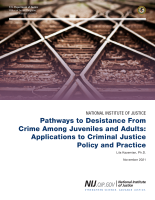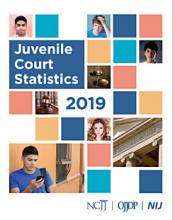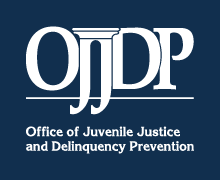Juvenile (under 18)
Patterns of Help-Seeking Behavior Among Victims of Teen Dating Violence and Abuse: Variations Among Boys and Girls
Family Violence, Sibling, and Peer Aggression During Adolescence: Associations With Behavioral Health Outcomes
Predictors of Self-Determination and Mental Health Symptoms Among Youth in Juvenile Justice Facilities
The Roles of Race, Ethnicity, Gender, and Mental Health in Predicting Truancy Recidivism
Effectiveness of a social problem solving training in youth in detention or on probation: An RCT and pre-post community implementation
Pathways to Desistance From Crime Among Juveniles and Adults: Applications to Criminal Justice Policy and Practice (Executive Summary)
NIJ Funded Research on Firearms Violence in Urban Cities: Advancing Scientific Evidence to Inform Practice
Desistance From Crime: Implications for Research, Policy, and Practice
Juvenile Court Statistics, 2019
Desistance from Crime: Implications for Research, Policy, and Practice
Why do people stop their involvement in crime? What factors help shape this process? How can policy and practice improve individuals’ chances of ending their criminal behavior?
See the YouTube Terms of Service and Google Privacy Policy
In NIJ’s new publication Desistance From Crime: Implications for Research, Policy, and Practice, experts explore these and other...
An Ecological Model of Risk and Protection for Delinquency and Juvenile Justice Involvement among Maltreated Youth: A Longitudinal Study
Health-Related Quality of Life among Adolescents as a Function of Victimization, other Adversities, and Strengths
In North American Somali Communities, A Complex Mix of Factors Influence Gang Involvement, Violent Extremism
NIJ-supported research points to the value of targeting multiple social conditions as a strategy for reducing radicalization.





